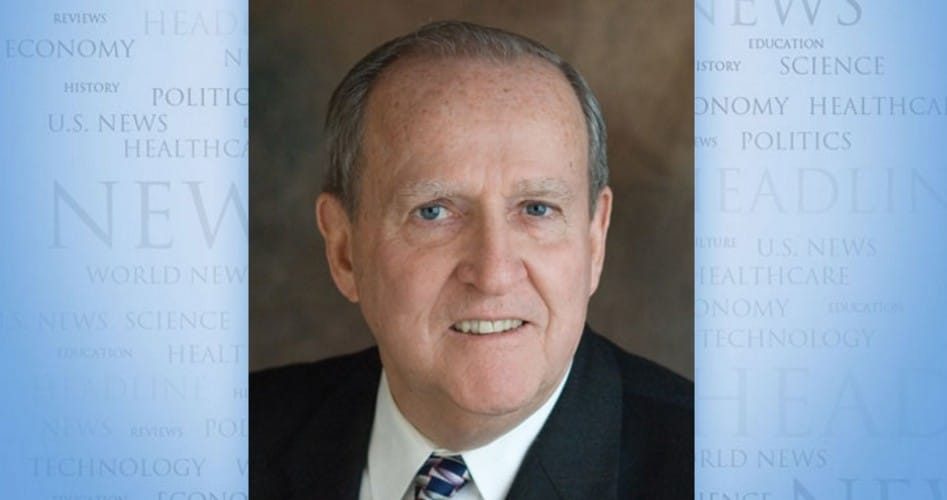
The controversy about whether the 2020 census should ask respondents if they are “a citizen of the United States” has generated a considerable amount of heat. All of it has risen from those who don’t want it to appear on the Census Form. They fear the accuracy of the federal estimate that 6.5 million persons living here in the United States won’t return the form. The reason: They are here illegally, are not citizens, and fear possible action to send them back to their home countries.
The final decision will now be rendered by the Supreme Court without the matter being judged at the appeals court level. The speed-up of the customary process has been made because copies of the census form — many millions of them — must be printed and ready for distribution early next year.
Secretary of Commerce Wilbur Ross has claimed that his decision to have the question appear on the form and sent to households throughout the nation was based on the need to enforce the 1965 Voting Rights Act. (A similar question about citizenship has appeared on the form regularly until 1960.) The Ross decision has been legally challenged in at least three states — New York, Maryland, and California. After proper hearings at those levels conducted by federal district judges, each of whom was appointed to the bench by Barack Obama, those jurists ruled that the commerce secretary’s decision to insert the question was flawed and should not be asked.
Opponents of having the question appear have based their negativity on questioning Secretary Ross’s intentions, not his claim of a need to enforce the aforementioned Voting Rights Act. ACLU attorney Dale Ho insisted that asking about citizenship “would cause incalculable damage to our democracy.” The truth is that it would likely diminish the number of illegal residents voting for Democrats in future elections. All sides of the issue know that many who will receive the form will not return it because they fear being visited and possibly deported after admitting they aren’t citizens.
New York’s federal district Judge Jesse M. Furman’s ruling on this matter came after an eight-day trial, not on the legitimacy of Secretary Ross’s action, but on his own inability to determine Ross’s “real reasons for adding the question.” California Judge Richard Seeborg agreed. These jurists have focused more on their assessment of a properly appointed federal official’s intention rather than his citing of a law that empowers him to render a decision that is his to make. Strange indeed, but not unexpected! During a hearing in March, African American Congressman William Clay (D-Mo.) told Ross, “You lied to Congress, you misled the American people, and you are complicit in the Trump administration’s intent to suppress the growing political power of the non-white population.” Strong accusations such as these deserve a rebuke from congressional leaders and an apology for the embattled commerce secretary.
Customarily, a matter such as this one would face adjudication by a federal appeals court before being considered — or not considered — by the Supreme Court. The Supreme Court could even accept a federal appeals court ruling if one were rendered and that would end the controversy. But following the customary practice would be a time-consuming step. So the Supreme Court, knowing that a final decision must be made about the matter by June of this year when printing the Census forms must begin, assumed responsibility for a ruling on the matter and will render its decision in June.
The most contentious issue here is how many non-citizens will return their completed census form and how many will decide not to fill it out and return it to the government. New York Attorney General Letitia James worries that, if large numbers of illegal residents don’t fill out the form and aren’t counted, her state will lose several members of its congressional delegation and also a sizeable chunk of federal handouts. Her concerns are shared by other states where illegals have settled.
The nine-member Supreme Court, with newly appointed Justices Gorsuch and Kavanaugh and customarily conservative members Roberts, Alito, and Thomas, is no longer top-heavy with liberals. If they approve the addition of the citizenship question, mollycoddling of illegal aliens will be dealt a strong reversal.
John F. McManus is president emeritus of The John Birch Society.


